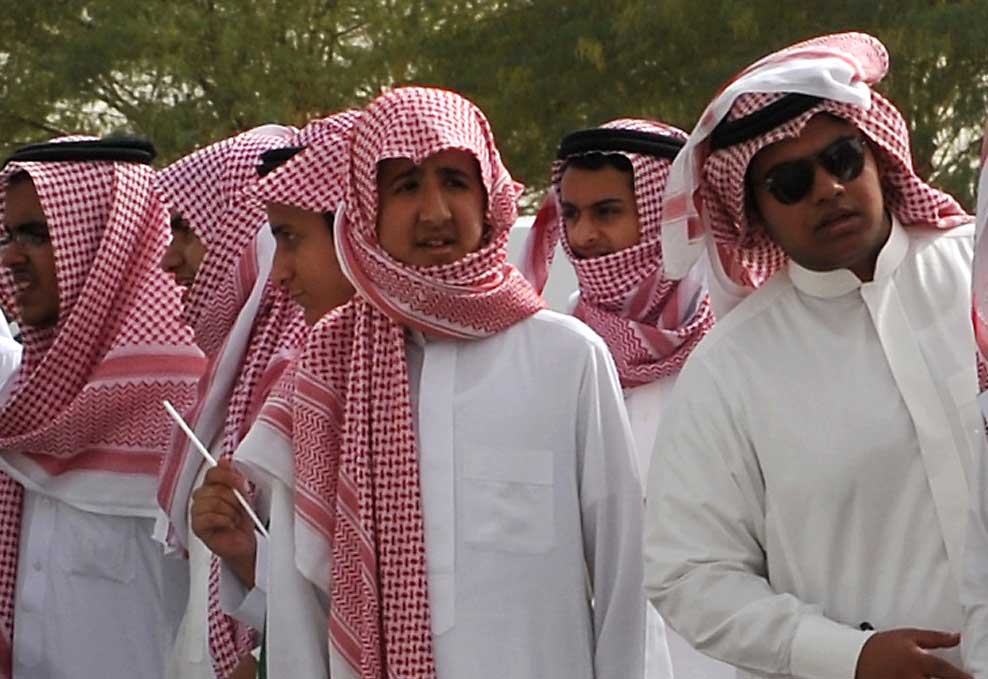New research has found that the number of young Saudi females not in education, employment, or training (NEET) is more than four times higher than their male peers.
The finding was part of the first Global Youth Index (GYI), which was developed by the Economist Intelligence Unit with the support of the Misk Foundation.
It said that while the NEET rate was high in Saudi Arabia, it was even worse in Pakistan and India while the gender gap was lowest in Denmark.
Globally, while youth around the world are optimistic about the future, almost half (45 percent) of those interested in starting their own venture have not done so because they do not have the necessary support.
Young people are also concerned about a lack of suitable education and on-the-job training.
The GYI analyzes the extent to which young people in 25 countries are prepared for the future, based on five domains – education and skills, employment, entrepreneurship, global citizenship and the knowledge economy ecosystem.
Collectively, the countries comprise 70 percent of the world’s youth population and 80 percent of global GDP.
The GYI ranks each country according to their young people’s preparedness for the future – based on a survey of 25,000 young people aged 18–30 – with Saudi Arabia, the only Gulf country included, ranking 20th out of 25.
The ranking was topped by Sweden, followed by Australia, the UK, China and Canada. Below Saudi Arabia were Indonesia, Nigeria, Egypt, Jordan and Pakistan.
Sweden scored particularly well in three domains – it has the best knowledge economy ecosystem for youth and the third best ranking for the entrepreneurship and global citizenship domains.
Young people aged between 15 and 24 are nearly three times as likely to be unemployed than those between 25 and 55, with South Africa having the highest youth unemployment rate, followed by Jordan and Italy. On the other end of the scale, Japan and Germany recorded the lowest level of youth unemployment.
Canada topped the rankings for entrepreneurship, followed by Australia and Sweden. Across all respondents, 68 percent said they would like to start their own business.
Shaima Hamidaddin, executive manager at the Misk Global Forum, said: “International organizations can sometimes talk about young people, instead of listening to them. Within Saudi Arabia, we want to identify areas for improvement, such as adopting new government initiatives and providing more support to budding entrepreneurs.”








